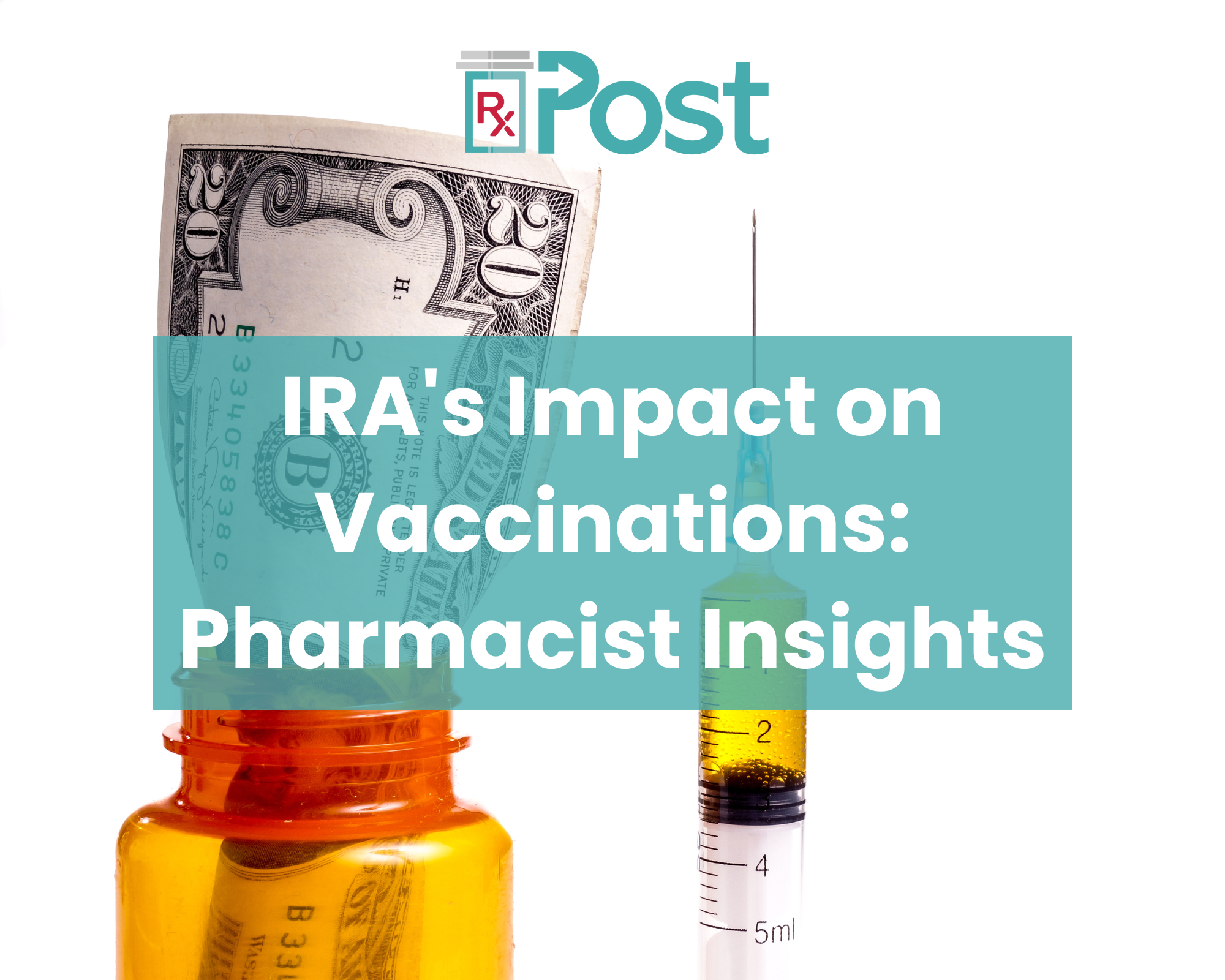The Inflation Reduction Act (IRA), signed into law by President Biden in August 2022, is a significant piece of legislation aimed at tackling inflation by reducing the federal budget deficit. It also addresses key issues such as climate change, healthcare costs, and prescription drug prices. The IRA achieves these goals by lowering prescription drug prices, offering subsidies for health insurance, and investing in clean energy.
Funding for the IRA primarily comes from tax code reforms targeting large corporations and improving taxpayer compliance. While it falls short of the Build Back Better Act (BBB) in some aspects, it incorporates elements from the BBB, including provisions related to vaccines and healthcare.
The IRA ensures that Medicare Part D plans cannot impose cost-sharing for vaccines recommended by the Advisory Committee on Immunization Practices (ACIP). It also closes gaps in adult immunization coverage under Medicaid and CHIP, expanding access to recommended vaccines.
Furthermore, the IRA lowers prescription drug costs for Medicare beneficiaries, allows Medicare to negotiate drug prices, and sets a cap on monthly cost-sharing for insulin. It also makes changes to the Part D benefit structure and extends premium subsidies for health plans on exchanges.
The legislation addresses the challenge of low adult vaccination rates in the United States by reducing out-of-pocket costs for vaccines, particularly for Medicare and Medicaid beneficiaries. It aims to promote public health, reduce disease burden, and address disparities in vaccine coverage.
Pharmacists play a crucial role in educating patients about these changes and increasing vaccine uptake, as research shows that involving pharmacists in immunization efforts leads to higher vaccination rates. Pharmacists can help patients understand IRA policy changes, recommend immunization schedules, and administer vaccines.
Overall, the IRA has the potential to make healthcare more affordable and accessible, improve vaccination rates, and reduce long-term healthcare costs.
Full article from Pharmacy Times here.
Interested in savings on prescription medications? RxPost can help you buy or sell excess drug inventory to improve your profits and offer better patient service. Learn more about RxPost here.

